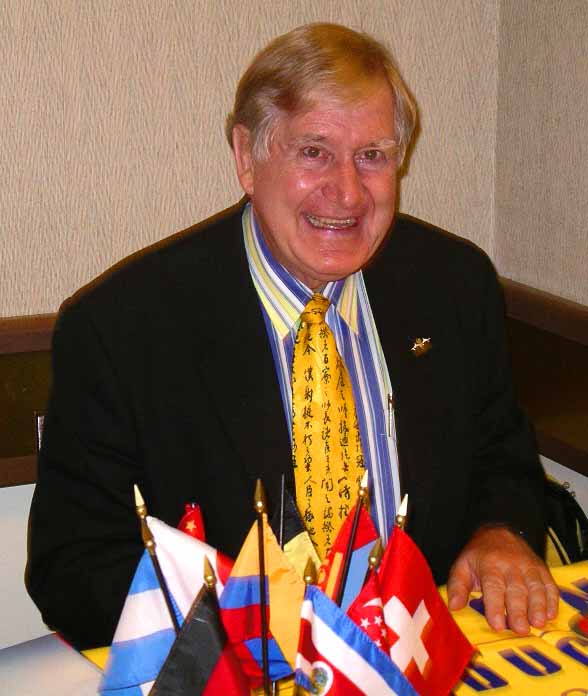
International Cooperative Education


About Us

Since 1971, ICE has placed more than sixteen thousand (16,000) United States
college and university students in work/internship positions throughout Europe,
Asia, and South America. ICE program participants have worked in
automotive plants in Germany, schools in China, supermarkets in Japan, and in
Aboriginal communities in Australia, for example.
Students commonly do their internships during the summer, but we can schedule
them when you want to travel and work abroad. Internships last a minimum
of 8 to 12 weeks, depending on the position.
Dr. Seefeldt has more than 40 years of placement experience. He personally
visits every employer in each country to investigate the working environment for
the students, and then makes follow-up visits after the students are placed and
being working.
See what returning students are saying.
Read testimonials from university career and
placement offices.
Over the years we've recognized that there is much meaning and hope behind the term INTERNATIONAL. At ICE we interpret International to mean the following:
I |
= |
Involve Yourself |
|
N |
= |
Never Give Up! |
|
T |
= |
Think Positive |
|
E |
= |
Enjoy |
|
R |
= |
Respect |
|
N |
= |
Notice |
|
A |
= |
Adapt |
|
T |
= |
Travel |
|
I |
= |
Inquire |
|
O |
= |
Open Mind |
|
N |
= |
New Friends + Places |
|
A |
= |
Ask Questions |
|
L |
= |
Learn and Live a Foreign Language |
We are proud to provide references from some of the college placement
officers we work with. For a testimonial, please contact:
Bill Nolting at
University of Michigan
Dario Bravo at
UCLA
Marcie Kirk-Holland
at University of California at Davis
Dr. William Petig at
Stanford University
"I have worked with Dr. Seefeldt for nearly two decades. His programs are of the
highest quality. I particularly appreciate his expertise and the comprehensive
nature of his programs. His years of experience are reflected in his programs.
He addresses the most critical issues a student needs when planning an overseas
internship; work authorization, housing, internship placements and insurance.
Few other programs offer students paid placements. In addition to high quality,
ICE programs are very cost effective. No other program matches Dr. Seefeldt's
commitment to fostering cross-cultural immersion. Quality, cost-effectiveness
and commitment are three of the most important attributes I consider when
advising students of their options for overseas internships, which is why I
consistently refer students to ICE."
-Marcie Kirk Holland, Project Manager, UC Davis Internship & Career
Center
"For more than two decades Stanford students, especially those who could not fit
our own program into their tight schedules, have participated in summer
internships through the International Cooperative Education Program developed by
Dr. Seefeldt. When possible, this program tries to match students with jobs that
reflect their interests or majors as well as linguistic skills. Whether selling
bread in the bakery of a Migros grocery store in Switzerland, designing cars for
Opel outside of Munich or working on a farm in Northern Germany, these students
all have returned enthusiastic about their summer experience along with greatly
improved language skills and a deeper understanding and appreciation for the
people and culture of the country in which they worked. For many this summer
experience was life changing and directly influenced their choice of future
careers. Perhaps the best testimony to the success of this program is that some
of our students have returned to do a second internship, often with the same
employer. ICE is one of the oldest and most successful summer internship
programs abroad, and I endorse it enthusiastically."
-Dr. William E. Petig, German Studies, Stanford
University
"Kylie talked to me about her adventurous experience in Japan.
It seems she spent a wonderful time with her host families and colleagues at
work and gained a valuable experience during her stay in Tokyo. I’m
sure that this internship gave her not only opportunities to meet new people
and learn Japanese language and culture in authentic environment, but also
brought her new perspectives in intercultural communication. Thank you very much for providing such a wonderful opportunity to my
student!"
-Tomoko Shimomura, School of International
Letters and Cultures, Arizona State University